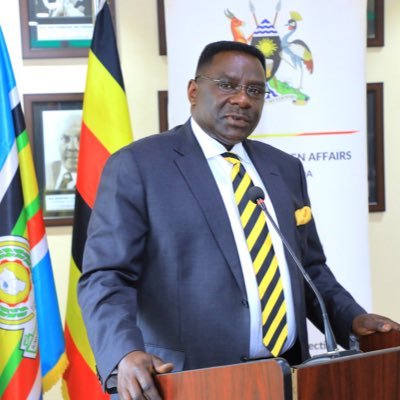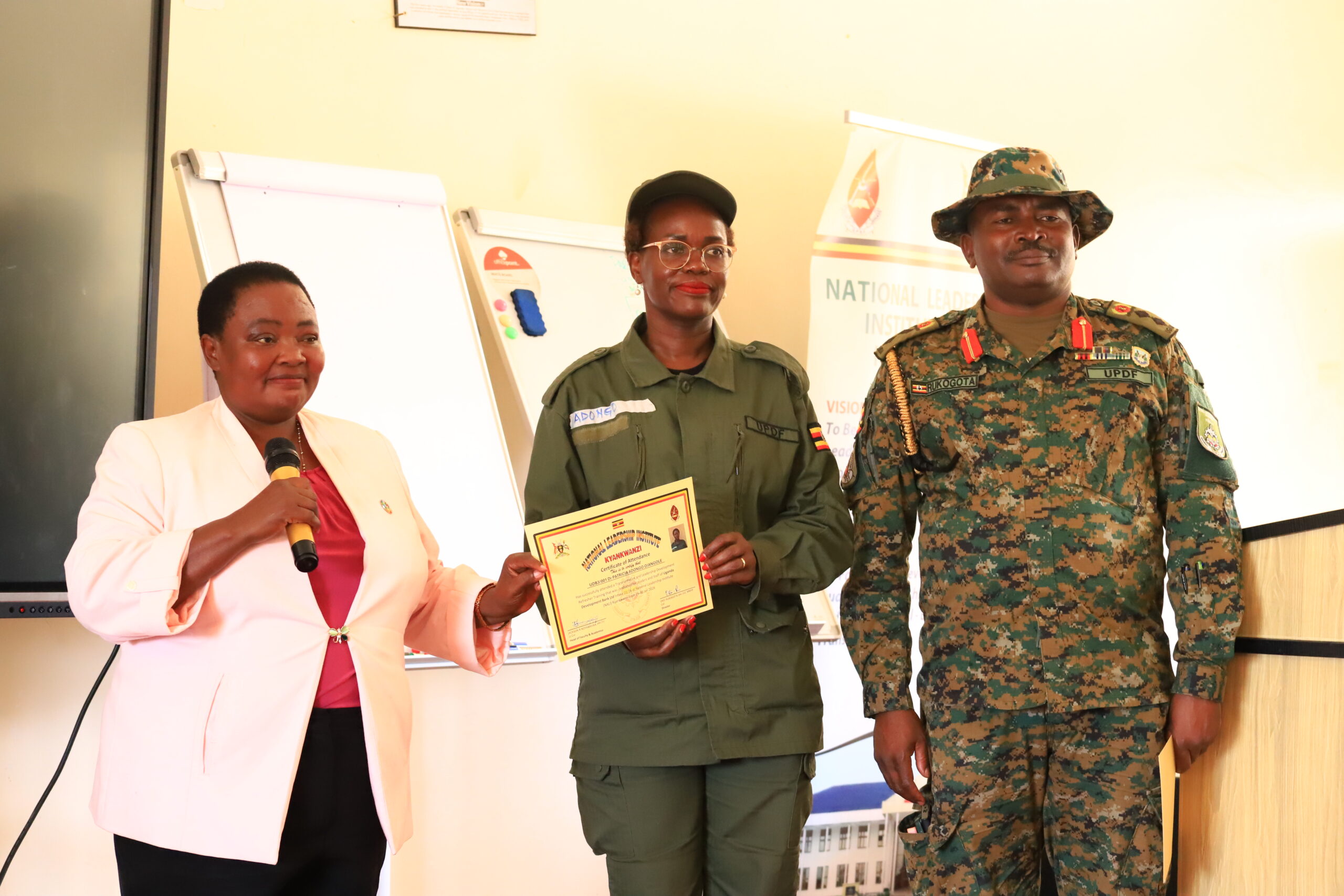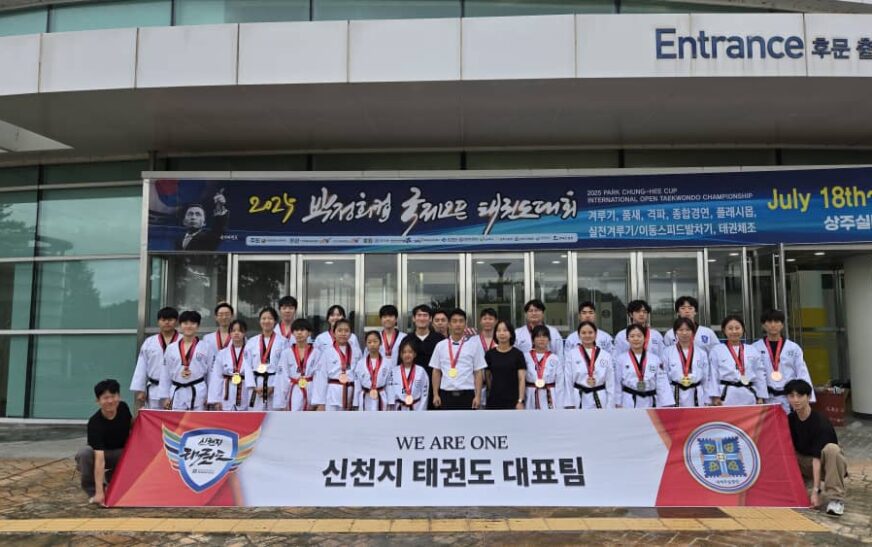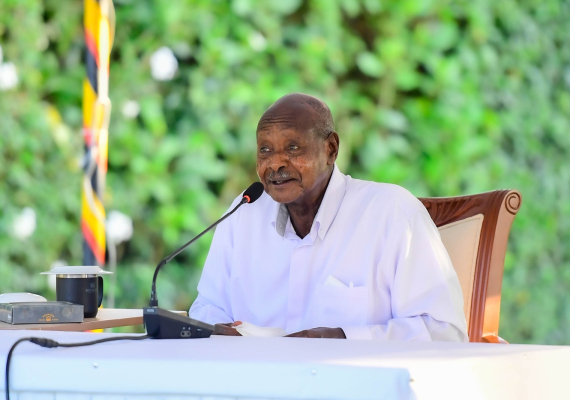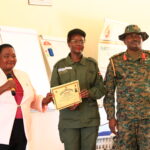By 1986 Uganda was on the cusp of total collapse; Yoweri Museveni and his compatriots with AK 47s slung on their backs took power and totally repudiated the ills on Uganda’s political canvass that had obtained for decades; murders, despoliations, extra-judicial killings, debarment of cultural institutions, economic malaise as well as incessant coup detats that had essentially defined us as a pariah state in both the region and in the yonder.
We were, notoriously, churning out political refugees far and wide. Those scapegoating this President have, of course, dejectedly tried to contradict these facts but statistical data shows complete dwindling, currently, of such departures; that hasn’t fallen from the outer space; it has resulted from the handwork of this President and his compatriots who have, over time, sacrificed in order that we may collectively prosper.
The renaissance of Uganda in 1986 through incremental and sound actions by the Yoweri Museveni administration has over the years put us on the trajectory punctuated by was demonstrable social-economic and political results never seen before. And, this process ought to continue even after the upcoming general elections of 2026.
Firstly, a dive into those actions exhibits remarkable strides so far made in the social-economic as well as security and defense sectors; between 1962 when Uganda earned its independence to 1986 when Yoweri Museveni took office, the country had had four coups/take overs. Between 1979 – 1980, Uganda had shuffled heads of state five times namely – from Idi Amin to Yusufu Lile, Godfrey Binaisa, Paul Muwanga and Milton Obote at staggering political strife.
During that same epochal and strife-ridden period, the country had even the ignominy of wild animals relocating to safer neighboring countries. In the mid 2000s when the guns went silent, and because of this President’s safe pair of hands coupled with his robust security credentials, the administration returned the country to normalcy; a contexture that has over time attracted huge refugee numbers from the region for the very first time – currently we’re hosting over 1.7 million refugees. The administration’s regional stabilization strategy through integration and peace enforcement are meant to cure the refugee problem beyond 2026.
Secondly, Uganda has over the years been declared, by reputable international financial institutions like the IMF and WB, to be one of the fastest growing economies in the world; a feat attributable to sound economic policies like privatization and liberalization; those interventions extricated government from doing business given that its a bad business manager.
Immediately after independence, Uganda’s leaders immersed government into business in form of public corporations where cronyism, corruption and incompetence were rampant hence bedeviling those very corporations meant to cure poverty. To typify this, the size of Uganda’s economy was US$1.5 billion in 1986 as opposed to the current US$ 60.4 billion; those numbers are expected, since there’s still work in progress by this administration, to burgeon to US$500 billion in accordance with vision 2040.
Thirdly, in the political arena and initially, this administration: formed a broad-based government accommodating all shades of political opinions in 1986, restored traditional leaders, formed women, youth and workers’ councils, restored the rule of law thereby repudiating extrajudicial killings that bedeviled us for far too long and above all, restored Uganda in the international files of honor by restoring peace, stability and security.
Relatedly, having done all those things, this President, the best since Uganda’s independence, has some pending business to accomplish including deepening regional integration, leapfrogging the country to the upper echelons of the middle income status as well as leading to fruition the nascent oil and gas sector etc.
Essentially deepening regional integration was an integral part of this administration’s ten point program of 1986; point 9 spoke of “cooperation with other African countries in defending human and democratic rights of our brothers in other parts of Africa.” For example, President Yoweri Museveni has been very instrumental in the rejuvenation of the East African Community as well as other regional groupings that are adding to Uganda’s economic and political growth; that level of adroitness on the part of the president is needed beyond 2026.
Secondly, the PDM intervention which is robustly transforming Uganda’s economy and simultaneously people’s livelihoods through forward and backward linkages must be deepened beyond 2026; already, to a very large measure, the model has, by leaps and bounds, increased low financial inclusion and access to capital, agricultural productivity and commercialization, job creation, community mobilization and empowerment as well as poverty reduction amongst others. A juxtaposition of the PDM and the Chinese model implemented by China much earlier, has led to the transformation of Chinese economy into the world’s number two.
Thirdly, the total pacification of the DRC, Somalia, Burundi, South Sudan etc are key; Yoweri Museveni has exhibited the knack to contribute to regional stabilization; his tested stewardship of peace enforcement has been revealed in all those countries and it’s still work in progress beyond 2026 that requires the president’s support and dexterity.
Fourthly the nascent oil and gas industry’s growth shouldn’t ache from interruptions; there’s a lot of work so far done since the discovery of those resources in the Albertine Graben (AG). Key significant achievements in the sector include: transitioning from exploration to development and production, the 2022 financial investment decision that unlocked substantial amounts of investment, ongoing EACOP project, construction of Uganda’s newest airport in the AG amongst others. However, beyond 2026, there are sectoral insurmountable hurdles that require Uganda’s best President since independence to solve rather than leaving them to other upstarts.
Fifthly, deepening Uganda’s democracy; since the plebiscite of 2005, lots of upstart parties sprung up to fill the void on Uganda’s political canvass without the tenacity to navigate the country’s politically treacherous rapids; this President needs to steer us beyond 2026 in order to avoid a repeat of the inglorious political crisis we had from 1966 – 1986 when coup detats, take-overs, extrajudicial killings and despoliation defined us as a country. Museveni and his cohort of luminary revolutionaries need to lead us into the political yonder as a bombast people ready to incrementally add to what we will bequeath to future generations.
Ambassador Henry Mayega

